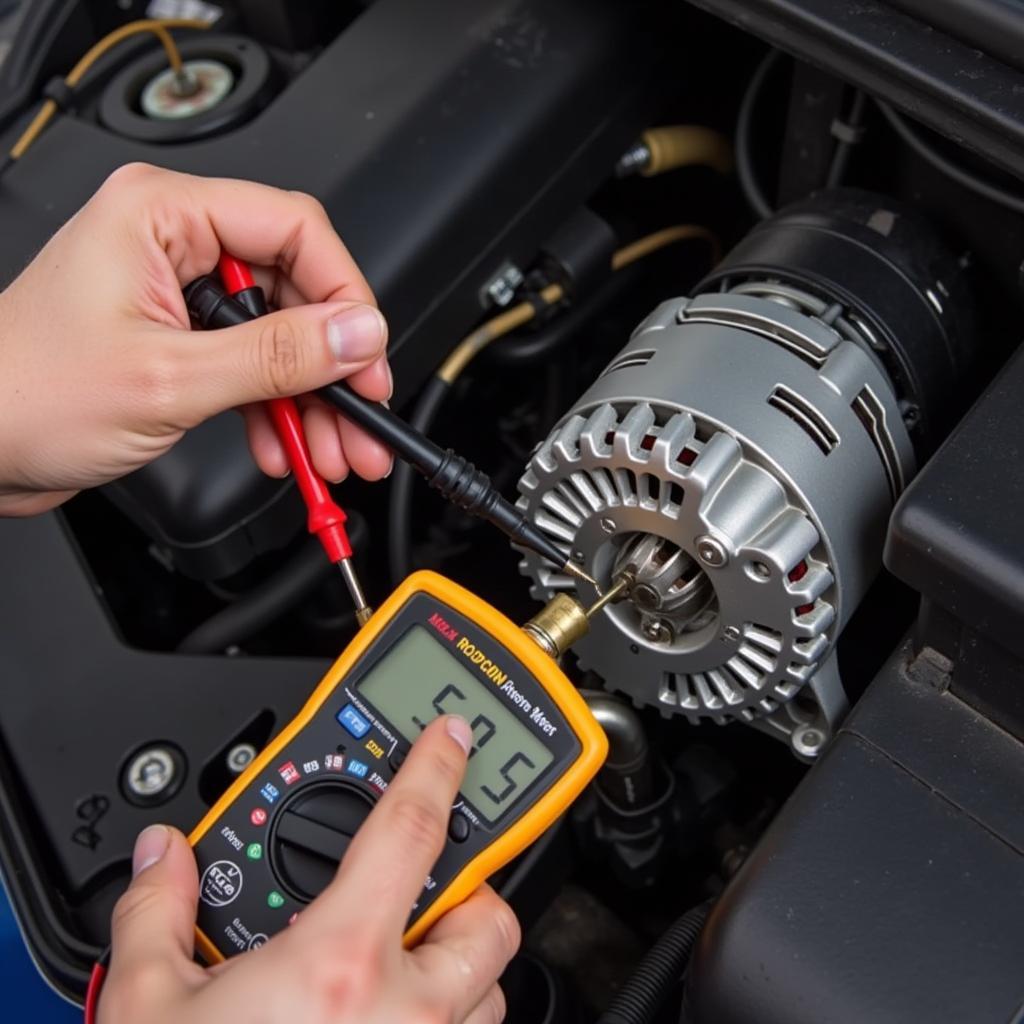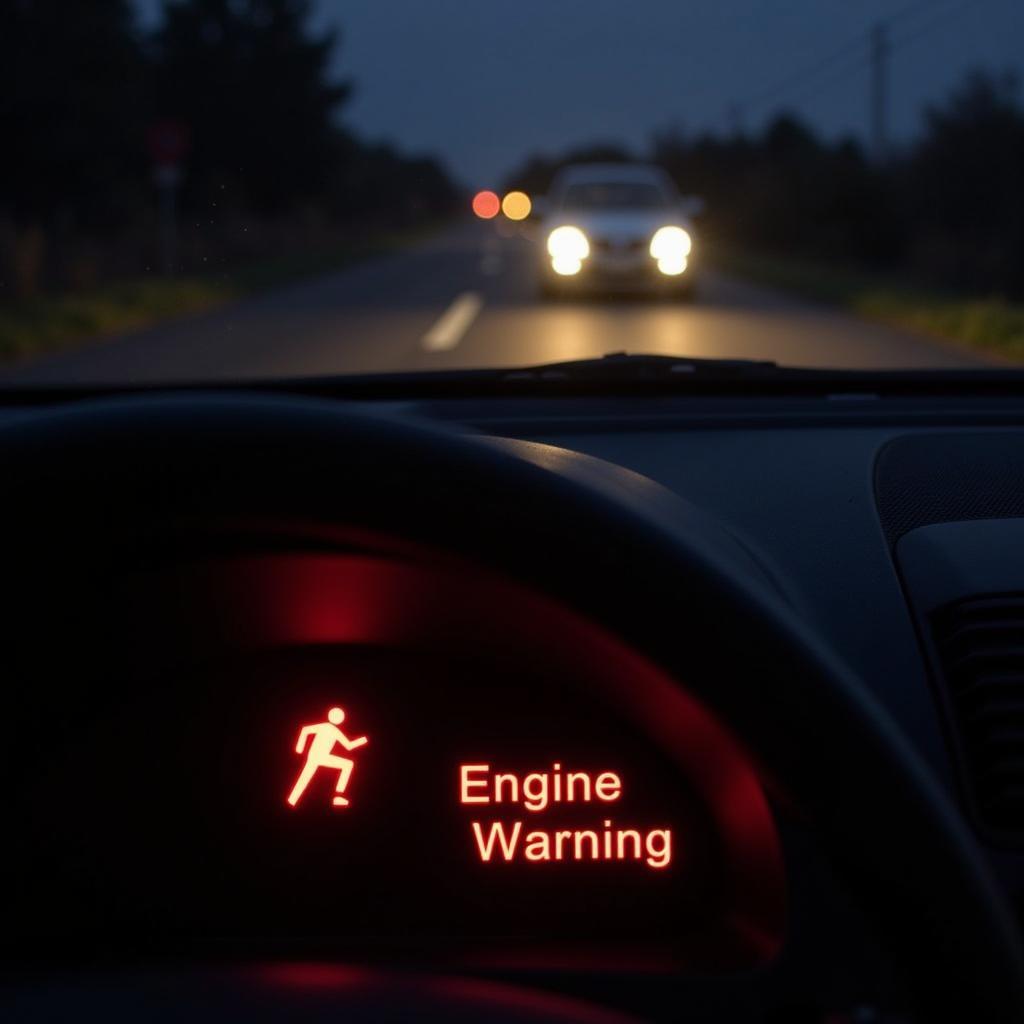A dead car battery is a frustrating experience, but understanding why your car battery run out of charge can help you troubleshoot and find solutions. From simple jump-starts to more complex diagnostic procedures, this guide provides valuable insights and practical steps to get you back on the road.
Why Did My Car Battery Run Out of Charge?
Several reasons can lead to a car battery run out of charge. Leaving lights on, extreme temperatures, old age, and parasitic drain are common culprits. Identifying the underlying cause is crucial for preventing future occurrences. For instance, a battery drain in cold weather can be significantly faster than in warmer climates. Sometimes, the battery is simply past its lifespan, requiring a complete replacement.
“A common mistake is assuming a jump start is a permanent fix,” notes automotive expert, David Miller, ASE Certified Master Technician. “While it gets you going, it’s important to diagnose the root cause of the discharge to prevent it from happening again.”
Diagnosing a Discharged Car Battery
First, try jump-starting the car. If the car starts, but the battery dies again shortly after, this indicates a problem beyond a simple discharge, such as a failing alternator or a car killing battery due to a parasitic drain. A battery totally dead may require more than a jump-start.
How to Prevent a Car Battery From Running Out of Charge
Regular battery maintenance is key to preventing unexpected discharges. Check the terminals for corrosion, ensure the battery is securely fastened, and have it tested regularly by a professional. Cold weather can severely impact battery performance, so be mindful of its effects, especially if you suspect a battery drain in cold weather.
Common Signs of a Weak Car Battery
Dim headlights, slow cranking, and clicking sounds when turning the key are telltale signs of a weak battery. Addressing these issues promptly can save you the hassle of a completely dead battery. Sometimes, specific car models have known battery issues, such as the 2012 chrysler 300 battery problems, so being aware of these can be helpful.
“Preventive maintenance is far more cost-effective than dealing with a breakdown,” says Sarah Chen, Electrical Systems Engineer. “Regular checks can identify potential issues early on and extend the life of your battery.”
 Checking car alternator with a multimeter
Checking car alternator with a multimeter
What To Do When Your Car Battery Runs Out
If your car battery runs out of charge, try jump-starting it using jumper cables and another vehicle or a portable jump starter. If jump-starting doesn’t work, consider having the battery or alternator tested and possibly replaced. Remember, even if you have a hybrid vehicle, you can still experience issues like bad hybrid battery symptoms.
Conclusion
Dealing with a car battery run out of charge can be a significant inconvenience. By understanding the potential causes, implementing preventative measures, and knowing how to troubleshoot the problem, you can avoid being stranded and keep your vehicle running smoothly. Regular checks and maintenance are always the best course of action to avoid future battery problems.
FAQ:
- How long does a car battery last? Typically 3-5 years.
- Can I jump-start my car myself? Yes, with jumper cables and another vehicle.
- What causes a car battery to drain overnight? Potentially a parasitic drain.
- How much does a new car battery cost? Prices vary but typically between $50-$200.
- How can I test my car battery? Use a multimeter or have it tested at an auto parts store.
- Is it safe to drive with a weak battery? Not recommended, as it can lead to breakdowns.
- What should I do if my car battery keeps dying? Have your car’s electrical system checked by a mechanic.

